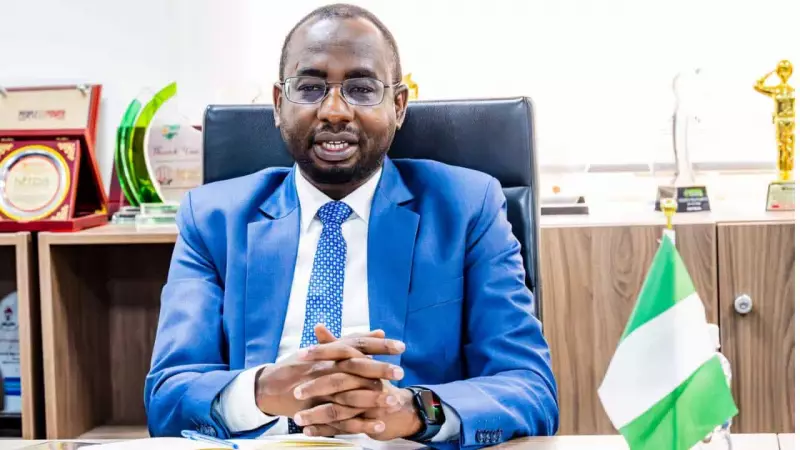
The National Information Technology Development Agency (NITDA) has issued a compelling call to action for all Nigerian states, urging them to play a crucial role in achieving the nation's ambitious target of 70% digital literacy by 2027.
During a recent high-level meeting with state government representatives, NITDA Director-General Kashifu Inuwa emphasized that state-level involvement is no longer optional but essential for national digital transformation. "We cannot achieve this goal working alone," Inuwa stated firmly. "We need the states as critical partners in this journey."
Grassroots Strategy for National Digital Revolution
The agency has outlined a comprehensive bottom-up approach that focuses on:
- Establishing digital literacy centers across local government areas
- Integrating digital skills into existing educational frameworks
- Creating community-based technology training programs
- Developing localized content that addresses specific state needs
This strategic shift recognizes that meaningful digital inclusion must reach every corner of Nigeria, from urban centers to rural communities.
Why This Digital Push Matters for Nigeria's Future
NITDA's urgency stems from several critical factors driving the digital literacy campaign:
- Economic Empowerment: Digital skills directly translate to economic opportunities in today's technology-driven global economy
- Youth Development: With a predominantly young population, digital literacy ensures Nigeria's youth can compete internationally
- National Competitiveness: Digital proficiency is becoming a key metric for measuring national development and global competitiveness
- Job Creation: The digital economy presents massive opportunities for entrepreneurship and employment generation
The Path Forward: Collaboration and Implementation
NITDA has committed to providing the necessary framework and technical support to states willing to champion this initiative. The agency is prepared to assist with:
- Curriculum development tailored to different demographic needs
- Training of trainers and digital literacy facilitators
- Monitoring and evaluation frameworks to track progress
- Sharing best practices and successful implementation models
The success of this ambitious target will depend heavily on how quickly states can mobilize resources and implement digital literacy programs at the grassroots level. With the 2027 deadline approaching, NITDA's message is clear: the time for action is now, and every state has a vital role to play in shaping Nigeria's digital future.





